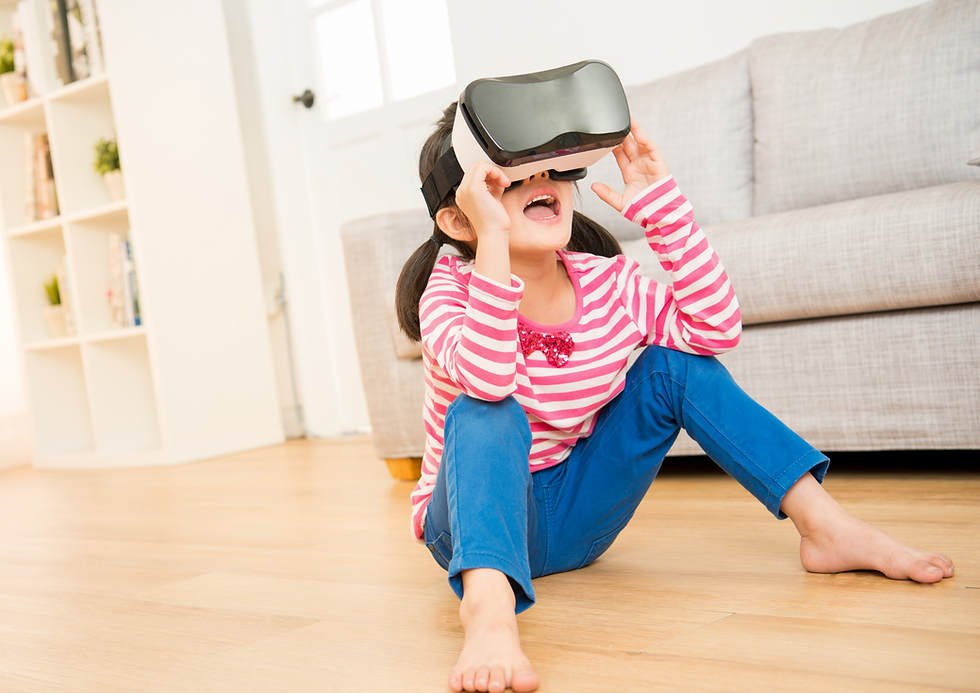What Are the First Signs of Autism? Here’s What to Know*
- NeuroSpectrum Info

- Jul 29, 2024
- 2 min read
Updated: Mar 31, 2025

Autism looks different for every child, but certain early signs can help parents recognize if their child might need extra support. The sooner these signs are identified, the sooner children can get the tools they need to grow and develop.
Early Clues in Infants and Toddlers
Some babies and toddlers show differences in development that may indicate autism, such as:
Avoiding eye contact or not responding when their name is called
Limited babbling or a delay in speech development
Being extra sensitive to sounds, lights, or textures
Preferring to play alone rather than engaging with caregivers or other children
Repeating movements like flapping hands, rocking, or fixating on spinning objects
Social and Communication Differences
By age two or three, some children show differences in how they interact, including:
Difficulty using gestures like pointing, waving, or nodding
Not sharing interests (for example, not pointing to show something they find interesting)
Difficulty understanding emotions or engaging in back-and-forth conversation
Repeating words or phrases without using them in conversation
Sensory Reactions and Routines
Many autistic children uniquely experience the world and may:
Be extremely sensitive to certain textures, sounds, or lights
Seeks sensory input through jumping, spinning, or touching objects repeatedly
Struggle with changes in routine and become distressed when things don’t go as expected
What to Do Next
If you notice these patterns, trust your instincts and talk to a doctor or specialist. Early support can help children develop important skills at their own pace.
Autism presents differently in every child, but recognizing the signs early can help families provide the best possible support.
Want more resources? Download the One Autism Health app for free!
*Results may vary; please consult a professional.




Comments